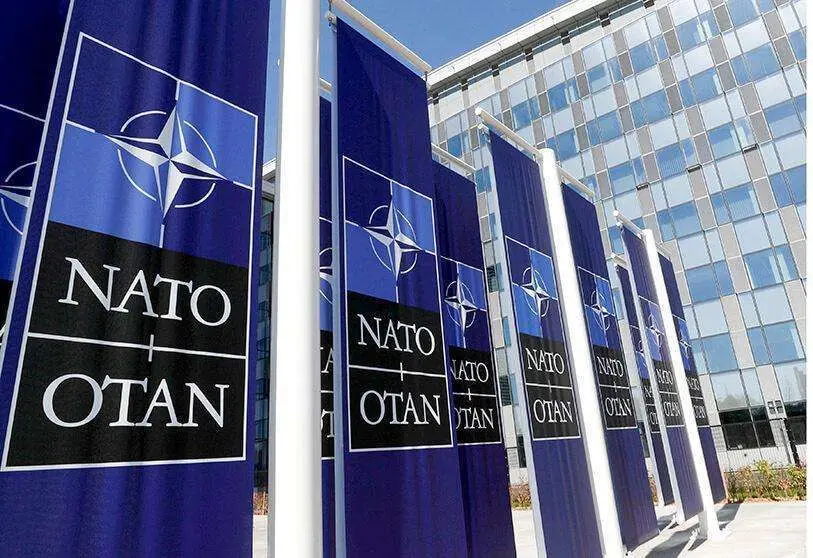Ukraine calls for heavy weapons

There is a lot of excitement in Madrid because it will host the NATO Summit on 29 and 30 June; not only will the thirty member dignitaries attend, but Sweden and Finland will also be invited; and for the first time since the invasion of Ukraine began, President Zelenski could attend in person.
The Spanish president, the socialist Pedro Sánchez, has already anticipated the turning point that this conclave will mark due to its historic nature and the agreements that will be signed, such as the adoption of the Madrid Strategic Concept, a document for the next ten years of the Alliance that will not only be limited to the conventional military sphere: it will address hybrid threats, disasters caused by the climate crisis and health emergencies.
The Pentagon is also preparing to announce at the summit a new rotational system for its US troops as more military personnel will be deployed to Eastern European members of the Alliance. The flank will be reinforced in the face of fears of an imminent Russian attack.
Three months into Russia's invasion of Ukraine, the position of an absolute refusal by the US, Germany and others to provide heavy weapons to Kiev is changing in the face of President Volodymir Zelensky's constant insistence that it is the only way to beat back the advance of Russian troops.
This outrage is so fast-paced that the positions change overnight and the narratives deepen in equidistant ways. At stake are the values of a society that believes in peace, freedom, democracy, respect for human rights and the value of international institutions, laws and treaties.
Invited by the Foro Nueva Economía in Madrid, Ihor Zhovkva, political advisor and deputy director of President Zelenski's Cabinet, asserted that his country is not going to break up and that they persist in their will to defend it from Russian troops, as well as to recover the land that is being occupied by the invaders.
Zhovkva called on Spain and Europe to provide her country with heavy weapons to win this war, because without sufficient arms the effort is truly enormous. Every day between 60 and 100 Ukrainian soldiers are killed in combat.
Despite the very tough sanctions on Russia imposed by the EU, the US, Japan, the UK, Australia, New Zealand, South Korea and other countries, the Ukrainian politician said that "it is not enough" and called for greater efforts to stifle Putin in order to bring him to the negotiating table.
The event was attended by the Secretary of State for Foreign Affairs, Ángeles Moreno Bau, who reiterated that sanctions are measures with negative effects on "our populations and require a sacrifice from our societies", but that the cost of not adopting them would be much higher.
Finally, Zhovkva reiterated that they are ready to join the EU and that they expect a rapid accession process, because Ukraine wants to look towards Europe and not towards the Russian past.
A month ago in Brussels, there was talk within the EU of the urgent need to turn off the energy tap to Putin's Russia in order to cut off the money machine to buy more weapons to use against Ukraine.
At the most recent European Council meeting, attended by the leaders of the EU-27, a partial veto on Russian oil was finally agreed; and it is partial because Viktor Orbán's Hungary was totally opposed, arguing that his country and others in Eastern Europe depend on the oil that arrives through the pipelines.
So what is being vetoed is the shipment of barrels by sea, which accounts for more than two-thirds of Russian crude exports, much to the Kremlin's displeasure.
"We have decided to end imports of Russian oil by 90% by the end of 2022, we stand united and above all strong. We will continue to support Ukraine," said Emmanuel Macron, president of France.
In addition to the ban on crude oil via ships, three Russian banks will be excluded from the SWIFT payment system, 70 more Russians will be included in the list of sanctioned individuals, and three public television channels will be banned from broadcasting. Sanctions continue, but Putin is not softening and the war is becoming tiresome after 100 days of occupation and Russia controls 20% of Ukrainian territory.

